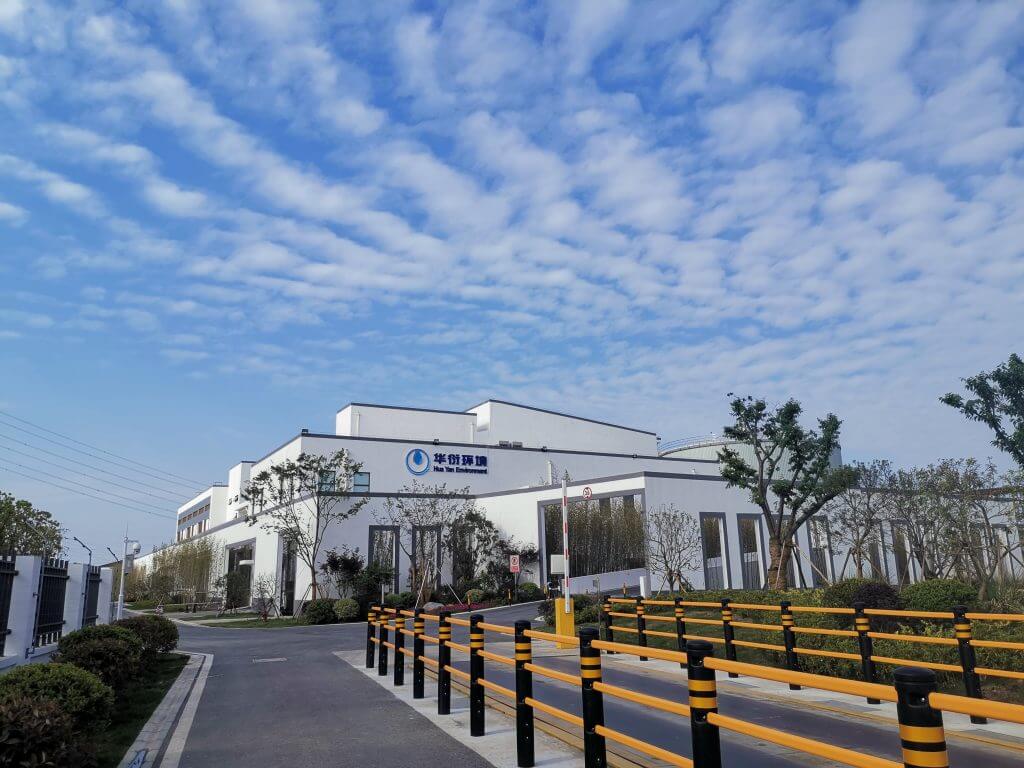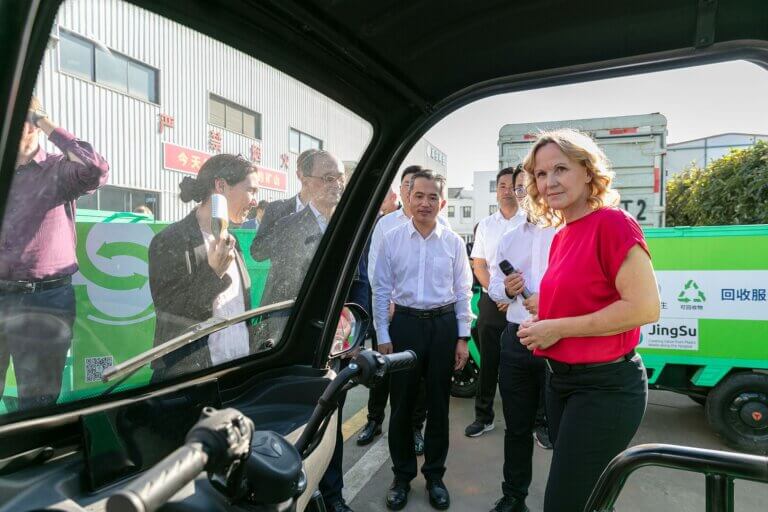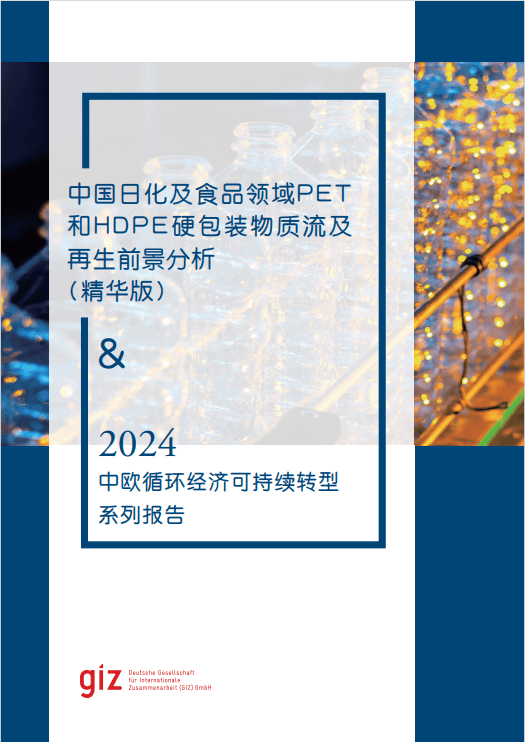The demonstration municipalities of China Integrated Waste Management NAMA Support Project (China IWM NSP) have cumulatively decreased emissions from their municipal solid waste management (MSWM) by 492,505 tCO2e in 2019.

According to the results of the second monitoring tour that took place in November 2019, all cities have implemented measures to decarbonise their waste management. As in the first half of the year, the newly-built Waste-to-Energy (WTE) facility in Bengbu has contributed the most to the overall GHG emission reductions in comparison to the business-as-usual (BAU) scenario: in the period from May till October it saved 192,299 tCO2e of emissions in addition to more than 166,000 tCO2e recorded in January-April.

Besides that, the city of Suzhou launched a new LFG-to-electricity facility, allowing to capture landfill gas and turn it into energy. The 6MW plant reduced city’s GHG emissions by almost 12,000 tCO2e during the first three months of its operation. Suzhou has also continued expanding its network of small-scale composting plants, utilising the nutrients-reach waste from agricultural markets, and constructed a new biogas plant for kitchen/restaurant waste, which further decreased the carbon footprint of a local MSWM system by 13,120 tCO2e.

In the city of Xi’an, a restaurant/kitchen waste treatment plant (anaerobic digestion) launched at the end of 2018, reduced municipal emissions by 33,347 tCO2e in May-October 2019. This amount has come on top of about 14,500 tCO2e that were spared due to facility operation in January-April 2019.

The city of Taian continued operating an upgraded WTE plant and, thus, decreased the release of climate damaging gases from its MSW by 59,000 tCO2e. Last but not least, the city of Lanzhou put into operation a pilot district level composting plant. The latter, while being moderate in its climate change mitigation effect (716 tCO2e are saved so far), became a great example of a decentralised solution and smart resource use.





